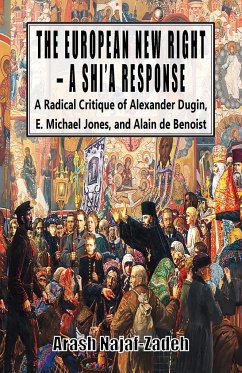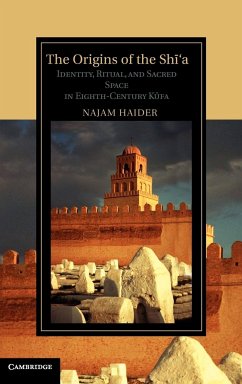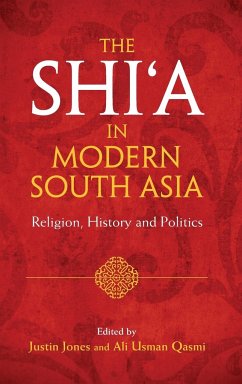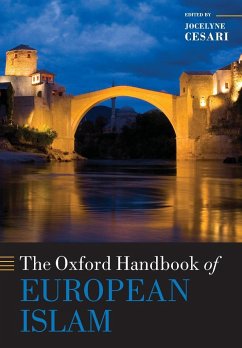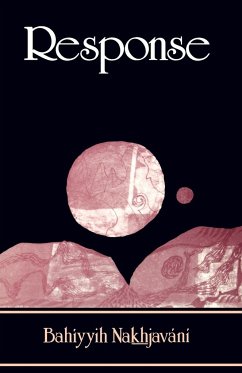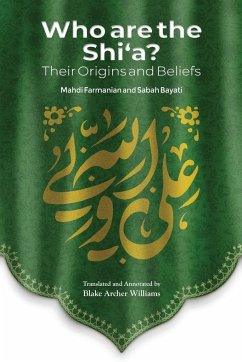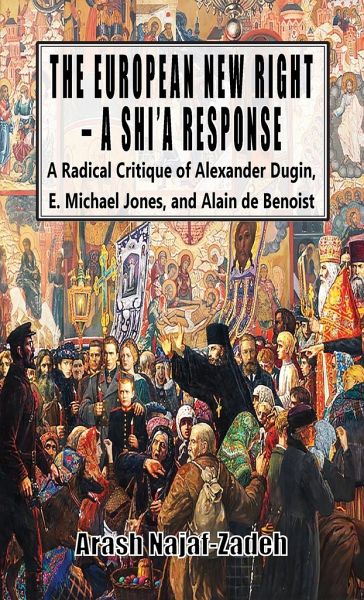
The European New Right - A Shi'a Response
A Radical Critique of Alexander Dugin, E. Michael Jones, and Alain de Benoist

PAYBACK Punkte
14 °P sammeln!
After the defeat of National Socialism and Fascism in 1945 and the dissolution of the Soviet Union in 1991, the upshot of the performance of the vanquishing political ideology of Liberalism is that it has torn international law to shreds while bankrupting itself through the immoral practice of usury. Under its auspices, with the loss of faith in God, the traditional family has been destroyed, being replaced by moral depravity, leading to cultural decay. The isolation of the individual and anxiety about the future have become the hallmarks of 21st century liberal culture. In this midst, it woul...
After the defeat of National Socialism and Fascism in 1945 and the dissolution of the Soviet Union in 1991, the upshot of the performance of the vanquishing political ideology of Liberalism is that it has torn international law to shreds while bankrupting itself through the immoral practice of usury. Under its auspices, with the loss of faith in God, the traditional family has been destroyed, being replaced by moral depravity, leading to cultural decay. The isolation of the individual and anxiety about the future have become the hallmarks of 21st century liberal culture. In this midst, it would thus seem that there are three remaining contenders to the throne that Liberalism has vacated by its malfeasance and failure: traditional Catholicism; the European New Right, led by Alain de Benoist and the Grecists, and Alexander Dugin’s Eurasianist movement. Arash Najaf-Z¿deh argues that Catholicism recused itself with the broadside that it self-inflicted at the Second Vatican Council of 1962-5, which was effectively the last nail in its coffin. On the other hand, he points out the fatal flaws of the philosophical underpinnings of de Benoist’s and Dugin’s thought, which are based on the thoughts of Friedrich Nietzsche and Martin Heidegger respectively, both of which posit a morally unsustainable subjectivist epistemology and its consequent pluralist ontology. This metaphysical posture, Najaf-Z¿deh argues, is at variance with the reality of the world, whose existence is dependent on the only true ontological reality, which is God (and that which resides in God, by His leave). In addition to being a critique of the foremost Western ideologies, this treatise by a leading Shi’a scholar addresses the complex question of the efficacy of Shi’a Islam as an alternative religio-political ideology, and provides the broad outlines of the comprehensive and integral system of Shi’a Islam, which he posits as ultimately being the only truly viable alternative available to the West.



